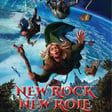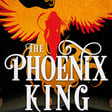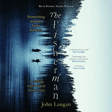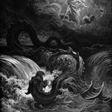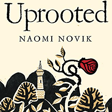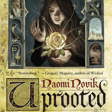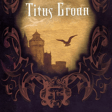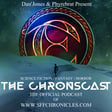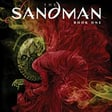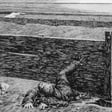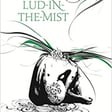
Episode 16 - Excalibur with Bryan Wigmore
Merlin's Beard! What better topic to talk about as we enter the springtime and the regeneration of the land than Excalibur and the legend of Arthur, King of the Britons, who is prophesied to restore the land to verdance and glory and who knows much about the average velocity of unladen swallows. But we'll not be focusing on that particular cinematic incarnation of the once and future king. We'll be talking about the operatic 1981 John Boorman film Excalibur, which boldly attempts to condense a significant amount of Thomas Malory's 15th century manuscript, Le Morte d'Arthur, into two and-a-half hours of dreamlike cinema.
Joining us to talk through this is the fantasy author Bryan Wigmore, best known for his ongoing fantasy series The Fire Stealers, comprising The Goddess Project (2017), The Empyreus Proof (2018), and the forthcoming third instalment, The Mandala Praxis. With Bryan we discuss Arthur's connection to the land, what the Holy Grail represents, why it appears in the story when it does, and the mysterious figure of the Fisher King. We discuss the explicitly Christian imagery, the use of opera music in the score, the preponderance of Irish accents in a story about the King of the Britons (clue: it was filmed in County Wicklow); the scalable aspect of the Arthurian story, Merlin's pratfalls, and Brian Blessed's head.
We also talk about Bryan's own work and its foundation upon such ancient myths as these; his use of the land and the environment, the question of timing a publication to retain its topicality, and the bones of myth. We also talk about his forthcoming YA fantasy series called Earthwyrms, which leans heavily upon the Arthurian mythos, and we pester him for an update on when The Mandala Praxis will be ready.
Elsewhere, The Judge throws down her own gauntlet and challenges us to trial by combat, and how that strange aspect of the ancient judiciary came to be, and how the trial by combat we see in such films as Excalibur might work in reality.
We also hear Paranoid Marvin's victorious 75-word challenge entry from February, and The Judge's winning entry to the January 300-word writing challenge. Finally, a certain King Of The Britons is perturbed and discombobulated when he is approached by the Lieutenant Bungalow of the Martian space force for a rare interview.



